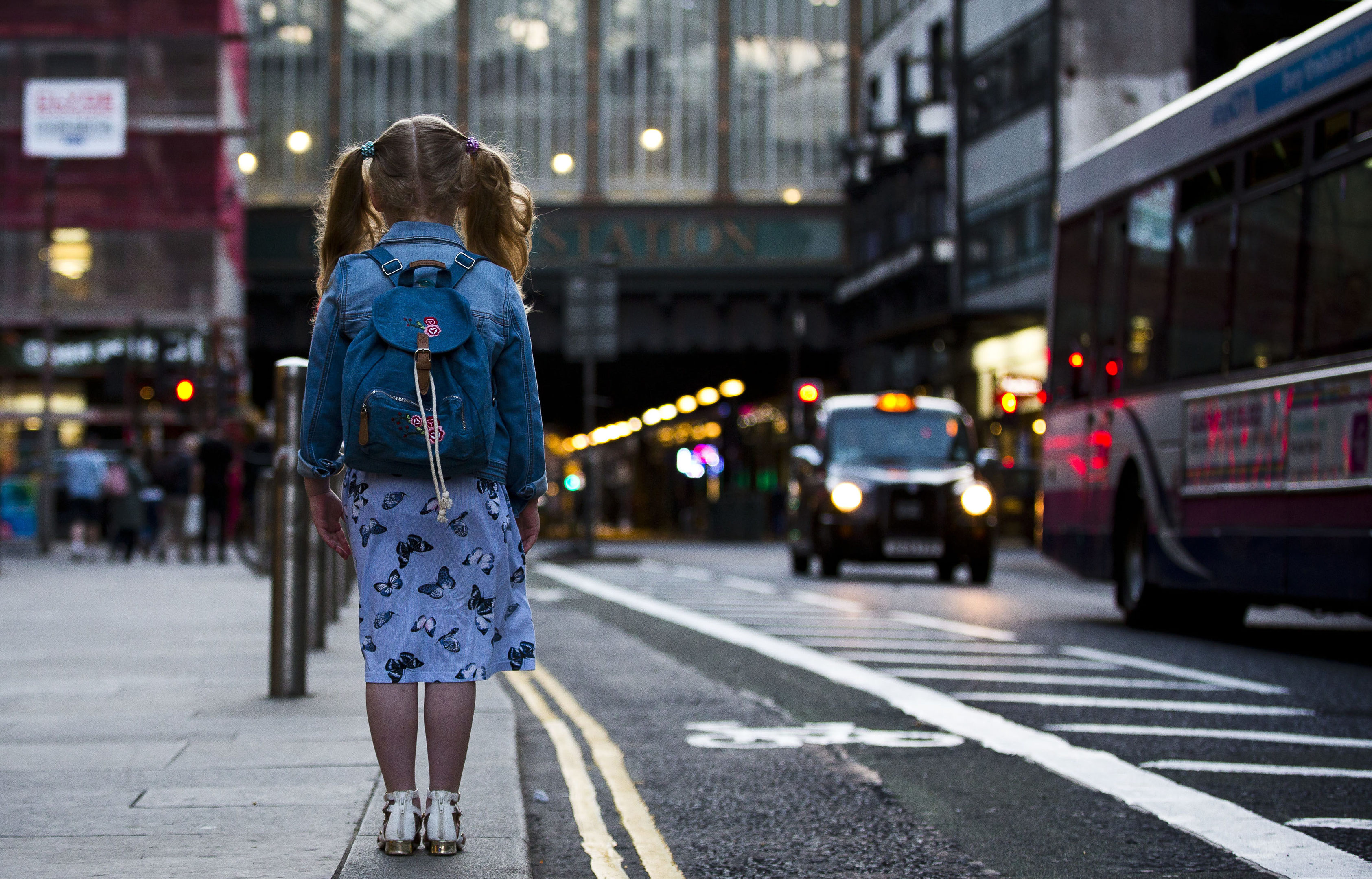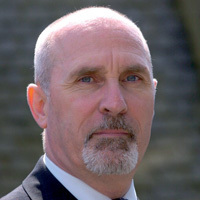
URGENT action to save Scotland’s lost children was demanded yesterday after a teenager laid bare her harrowing life story and shattered childhood.
The country’s leading child protection experts said too many young people were falling between the cracks of a care system that must be better resourced and focused.
They spoke out after Sarah, now 16, detailed her life from being born to a drug-addicted mother with opiates in her blood to tumbling through foster care and residential units before taking heroin and selling herself on the streets of Scotland’s biggest city at just 14.
Writing in The Sunday Post today, John Carnochan, a former member of the Scottish Government’s Early Years Taskforce and co-founder of the acclaimed Violence Reduction Unit, described her story as a national disgrace.
He said: “If we even have one young girl who has had a life like that in 21st Century Scotland, in 2018, we should be absolutely ashamed of ourselves.
“Social work, teachers, police officers all stand up and say they are doing their very best.
“If that is their very best, it’s just not enough.”
2631 children in Scotland are on the Child Protection Register
52 children on the register were at risk of sexual exploitation in 2017, according to Scottish Government
200 children across Scotland were victims of grooming in person and online between 2011 and 2017, according to Police Scotland
583 children in 13 council areas were at risk of sexual exploitation since 2014
16 councils do not transparently record the number of children at risk of sexual exploitation
Mary Glasgow, interim chief executive at charity Children 1st, said investment in services could make an immediate difference to families. She said: “The system around social workers is sometimes not set up in a way which allows us to build really strong relationships. We have challenges because of funding and the whole system needs a massive shift in investment to keep children in their families.”
More services, she said, were needed to specifically help people recover from trauma, and organisations such as the police, social services and even charities had to be more trauma-focused.
Ms Glasgow said many parents addicted to alcohol or drugs had experienced trauma during childhood which had never been resolved, leading to their problems as adults. She said: “You can’t work with children in isolation, you have to work with their parents too and as early as possible. We need all professionals to be trauma-sensitive.
“They can’t say, ‘There is another feckless person taking drugs’.
“People need to wonder what has happened to that person instead.
“We need a total shift in policy and how we think about this problem, these children and families.”
Aberlour, another leading children’s charity, works with many vulnerable young people on the edge of crisis, and chief executive Sally-Ann Kelly said support during the good and bad times in a family’s life was vital.
She said: “The more placements children have and the more carers they have, the more likely they are to suffer harm themselves and they find it difficult to regulate their life.”
In Sarah’s case, she moved from respite and foster care placements to residential and secure units over a short space of time.
Her family said if they had got more help in the early days, or even before Sarah was born, they may have been able to provide her with a better, more stable life.
Last night, a Glasgow City Council spokesperson said: “We do everything we can to steer vulnerable young people away from sexual exploitation.
“The collective aim is always to protect those at risk of exploitation and bring perpetrators to justice.”
A Scottish Government spokesperson said: “Scotland’s care services do amazing work safeguarding children every day, but we need constantly to improve and the First Minister asked Fiona Duncan to lead an independent review of care in Scotland.
“We remain committed to helping vulnerable children.”
In modern Scotland, a life like this shames us
by John Carnochan, Former member of Scottish Government’s Early Years Taskforce

Sarah’s story is heartbreaking but the truth is there are far too many children like her. No mother brings a child into the world with the intent of making their life hell, and children can’t choose their parents or pick where they were born.
Why is it that we start to punish them? Why is it that the children are the ones who take the brunt of it?
The ambition for some kids is to just get though the day. They want clean clothes, they want their mum to be sober, their dad not to be violent, they want to have food in the house. Those are the kids that we need to pay attention to.
This is an absolute crisis. If we even have one young girl who has had a life like this in 21st Century Scotland, in 2018, we should be absolutely ashamed of ourselves. This is our shame.
Social work, teachers, police officers all stand up and say they are doing their very best. If that is their very best, it’s just not enough.
We should be keeping families together, we need to coordinate services to do that and we are not. It needs a shake-up.
Professionals need to stop thinking about themselves and think about who they are meant to be helping out, and thinking if we just had more resources, more funding, more mental health therapies it would be great.
Well, what if we stopped it happening in the first place?
Protect these kids and stop these men
by Sara Rowbotham, deputy leader of Rochdale Council
Relatives are the first bulwark of defence for vulnerable children but they often need help to properly nurture the child.
If that relationship breaks down, the care system in itself does not offer enough protection.
If it was easy to come up with the solution, we would have done it by now but there has to be an emphasis on how we make these men not do it any more.
They have no respect, no understanding that these are children.
They feel able and free to treat those young women in this way.
What does a man in Glasgow have in common with a man in Rochdale that means they’ve both had this idea that this is what you do?
You identify vulnerable children, you manipulate them with substances – drugs, alcohol – and make them feel like an adult, then you get all your mates round to have sex with them?
How does a man in Glasgow know that’s a thing in the first place, and why does he follow a similar pattern of behaviour as someone in Rochdale, or Rotherham?
There is not good enough research into what their motivations are and how they go about doing this.
That would be valuable.
It is also essential that we start looking at these children as victims.
It is not a lifestyle choice, it is not their fault and they are still being blamed for what is happening to them.

Enjoy the convenience of having The Sunday Post delivered as a digital ePaper straight to your smartphone, tablet or computer.
Subscribe for only £5.49 a month and enjoy all the benefits of the printed paper as a digital replica.
Subscribe